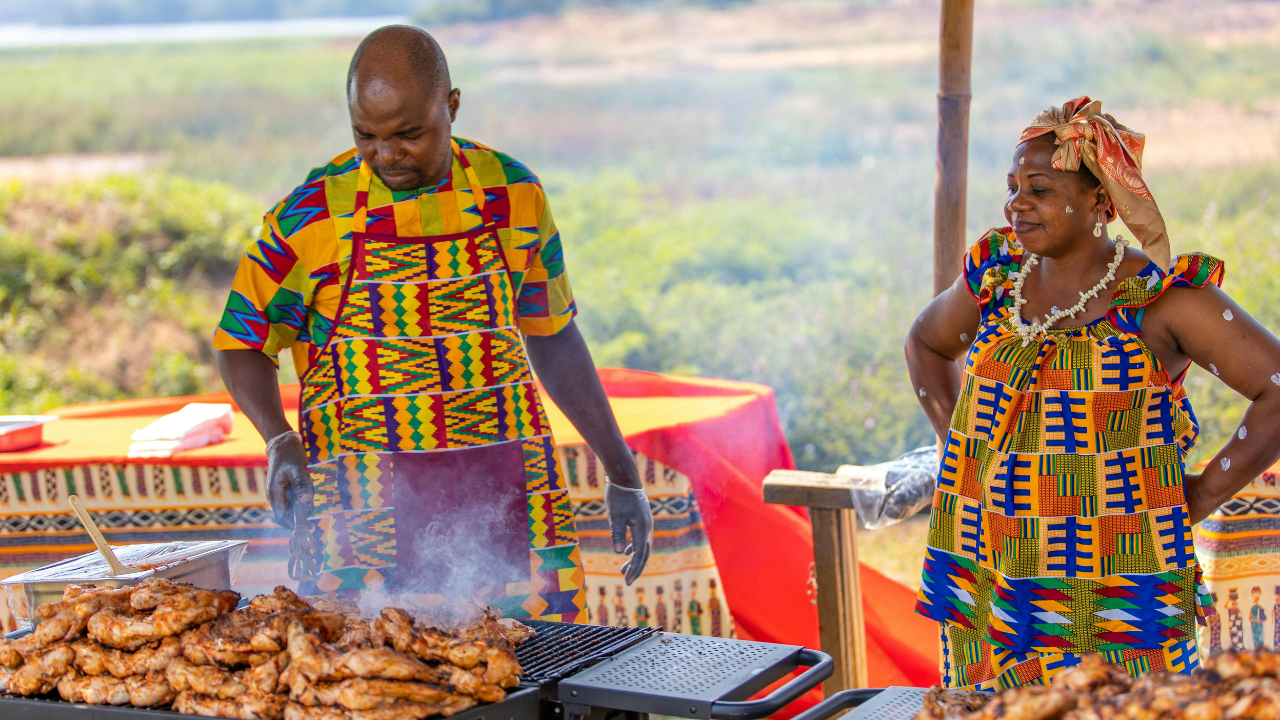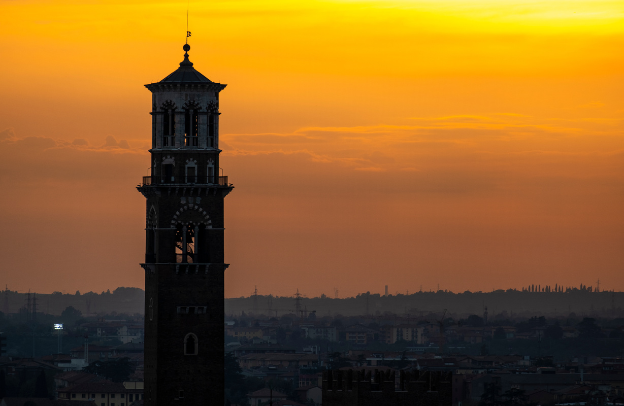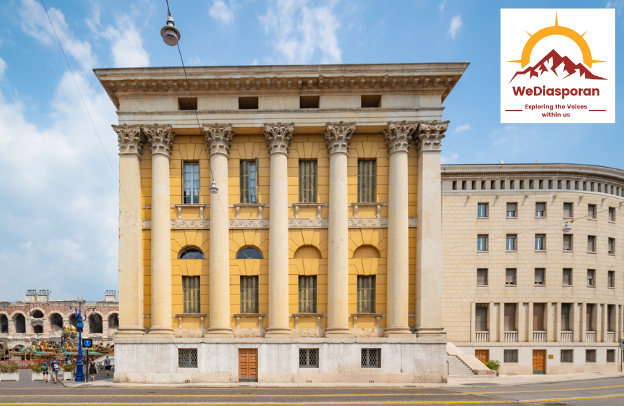Tailored Tourism Experiences to Enhance African Diaspora Cultural Connections

In an era of global reconnection, a powerful question echoes across the African diaspora: How can we return home with purpose and meaning? For millions across the Americas, Europe, and the Caribbean, the desire to reclaim cultural identity and ancestral ties is more than a passing curiosity—it’s a call to wholeness.
Learn How to Leverage Your Story through our Story To Asset Framework.
While history fractured these connections, a new wave of intentional tourism is helping to restore them. Initiatives like the Diaspora Tourism Experience (DTE) are leading the way, offering deeply immersive experiences that go far beyond traditional safaris or sightseeing.
These journeys through Diaspora Memorial & Tourism Exchange are thoughtfully designed around collaboration, cultural respect, and community engagement. In doing so, DTE is transforming diaspora tourism into a powerful vehicle for cultural renewal, economic empowerment, and pan-African solidarity.
The Diaspora’s Urgent Yearning to Reconnect
Across the diaspora, cultural reconnection is not merely a nostalgic endeavor, it is an emotional, intellectual, and spiritual quest for identity. For African descendants whose histories were fractured by enslavement, colonization, or migration, travel to Africa represents a path to wholeness.
According to the African Union Diaspora Division, over 170 million people globally identify as part of the African diaspora, with growing numbers seeking meaningful return journeys.
The African Union defines the African Diaspora as “Consisting of people of African origin living outside the continent, irrespective of their citizenship and nationality, and who are willing to contribute to the development of the continent and the building of the African Union.”
The demand for purpose-driven travel has birthed a new form of tourism, one that does not just skim the surface but digs into ancestral memory, living culture, and reciprocal collaboration. This is where DTE comes in, redefining what it means to travel to Africa and who benefits from such journeys.
See also: Building Bridges: How Group Tourism Facilitates Collaboration Between Diasporans and Locals
Guided by African Principles of Community and Identity
Central to the DTE approach is the integration of African philosophical principles that ensure tourism is more than consumption; it is collaboration. Among these, Sankofa; a concept from the Akan people of Ghana, encourages looking to the past to inform the present.
In a tourism context, this manifests in visits to historical sites such as slave castles, colonial forts, and freedom monuments, not as morbid attractions but as spaces of reflection and reconnection.
See also Second Burial In Esan Weltanschauung: A Retrospective And Prospective Interrogation – Research Paper
Similarly, the Zulu principle of Ubuntu (“I am because we are”) ensures that tourism programming fosters collective well-being. Tailored experiences often include village homestays, shared meals, collaborative storytelling, and arts workshops, in which the traveler is not just an observer but a temporary member of the host community.
The Swahili concept of Harambee, meaning “pulling together,” drives community-based tourism models where diaspora travelers actively contribute to local development initiatives, whether by volunteering, donating, or forming partnerships. These values ensure that the benefits of tourism are mutual and enduring.
See also: The Role of Group Tours in Strengthening Global Diaspora Networks and Alliances
A Personalized Return: Beyond the Surface
Tailored tourism through DTE creates room for nuanced, personalized experiences that go beyond standard itineraries. This includes curated journeys based on DNA heritage (as offered by companies like AfricanAncestry.com), traditional naming ceremonies, genealogy workshops, and immersive residencies with local artisans or spiritual leaders.
These journeys are designed to honor not just where a person is from, but who they are becoming.
For example, in Nigeria, heritage tours now include Yoruba Orisha spirituality retreats, culinary immersion with local chefs, and drumming workshops in Osogbo. In Ethiopia, travelers can participate in Orthodox Christian pilgrimages, coffee-making rituals, and storytelling sessions rooted in ancient Ge’ez traditions.
See also Cultural Identity and Social Change: How Your African Heritage Powers Your Storytelling
These offerings allow diasporans to enter into cultural rhythms with care and reverence, guided by community custodians.
Moreover, these experiences are often co-created with diasporan travelers themselves, ensuring relevance and emotional resonance.
Companies like Tastemakers Africa, our DTE initiative, are at the forefront of this model, offering customizable itineraries that pair diasporans with local curators, business owners, and artists, turning each trip into a bridge-building experience.
Rebuilding African Economies and Cultural Infrastructure
One of the most promising aspects of DTE is its potential to stimulate local economies while preserving cultural integrity. By focusing on community ownership and culturally aligned entrepreneurship, this model counters the extractive tendencies of mass tourism.
Rather than channeling profits into foreign-owned resorts, DTE frameworks direct value toward community-led guesthouses, artist cooperatives, youth education, and heritage conservation projects.
In South Africa, the Cultural and Creative Industries Federation of South Africa (CCIFSA) works with tourism planners to ensure that local artists are integrated into tourism programming, ensuring fair compensation and visibility.
A Future of Co-Creation
As more diasporans travel to Africa, DTE’s emphasis on collaboration rather than consumption becomes increasingly vital. These tailored experiences plant the seeds for deeper relationships between individuals and their ancestral heritage, but also between diasporans and local communities.
Many travelers return not just with souvenirs, but with business plans, school partnerships, or commitments to support cultural preservation.
The road ahead involves more investment in technology (to support digital booking and storytelling platforms), training for local guides, and diasporan involvement in destination planning boards. But the foundation has been laid: a regenerative tourism ecosystem, identity-affirming, and deeply rooted in African values.
See also: How to Stay Safe When Traveling to Africa: The Ultimate Guide for Groups and First-Time Visitors
Conclusion: Home Is a Journey—and a Dialogue
In the 21st century, home is not only a place, it’s a dialogue across oceans, across generations, and across identities. Tailored tourism experiences designed through DTE are making this dialogue possible for millions of African descendants searching for belonging.
These journeys reconnect diasporans to their roots with dignity, intentionality, and depth. They also breathe new life into African cultural economies and elevate local voices.
As the African Union’s Agenda 2063 envisions a continent connected by its people at home and abroad, tourism will remain a central pathway. But not just any tourism, tailored, respectful, values-driven tourism that reclaims narratives, rebuilds communities, and reshapes the global African story.
Learn How to Leverage Your Story through our Story To Asset Framework.






